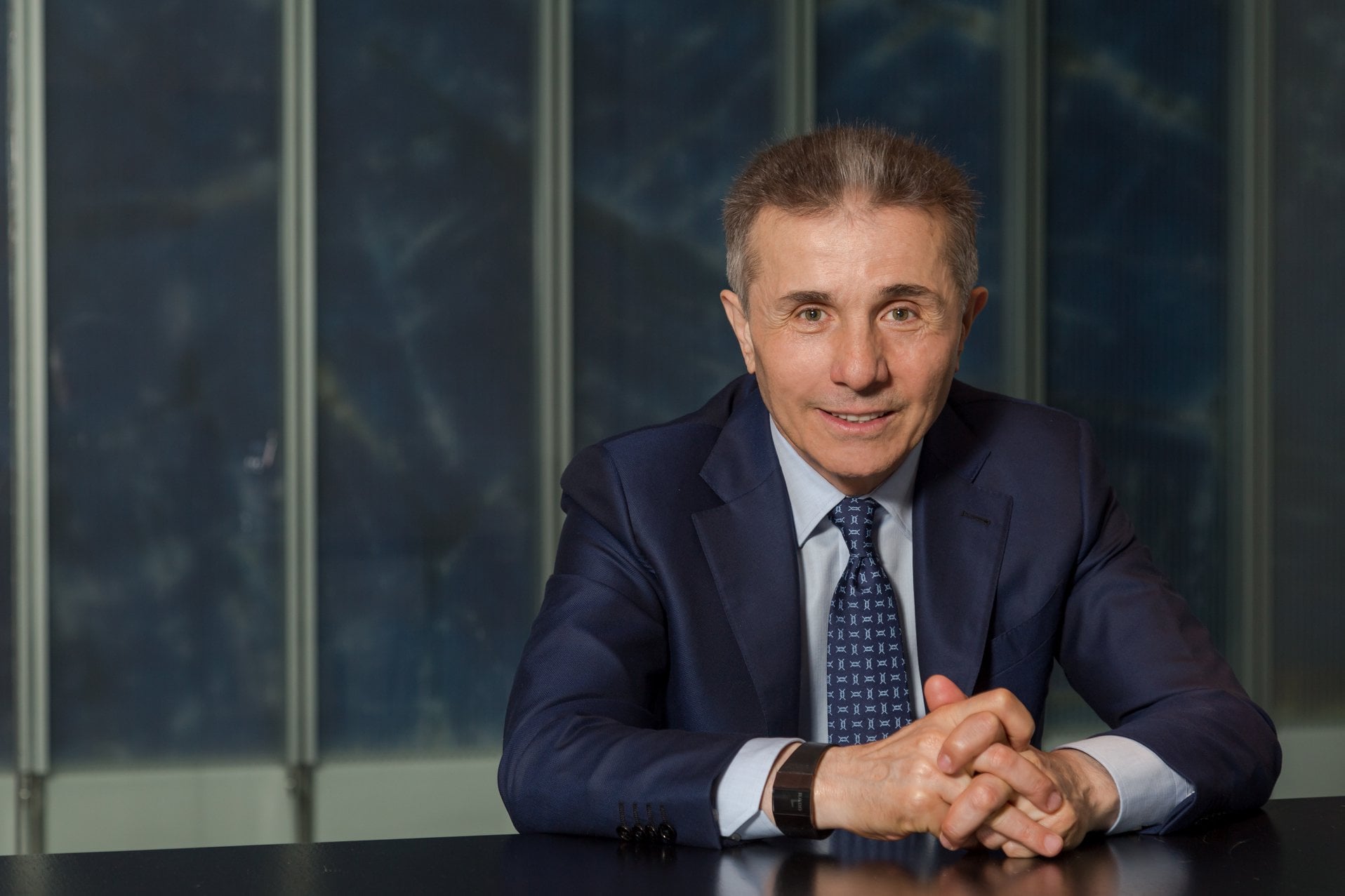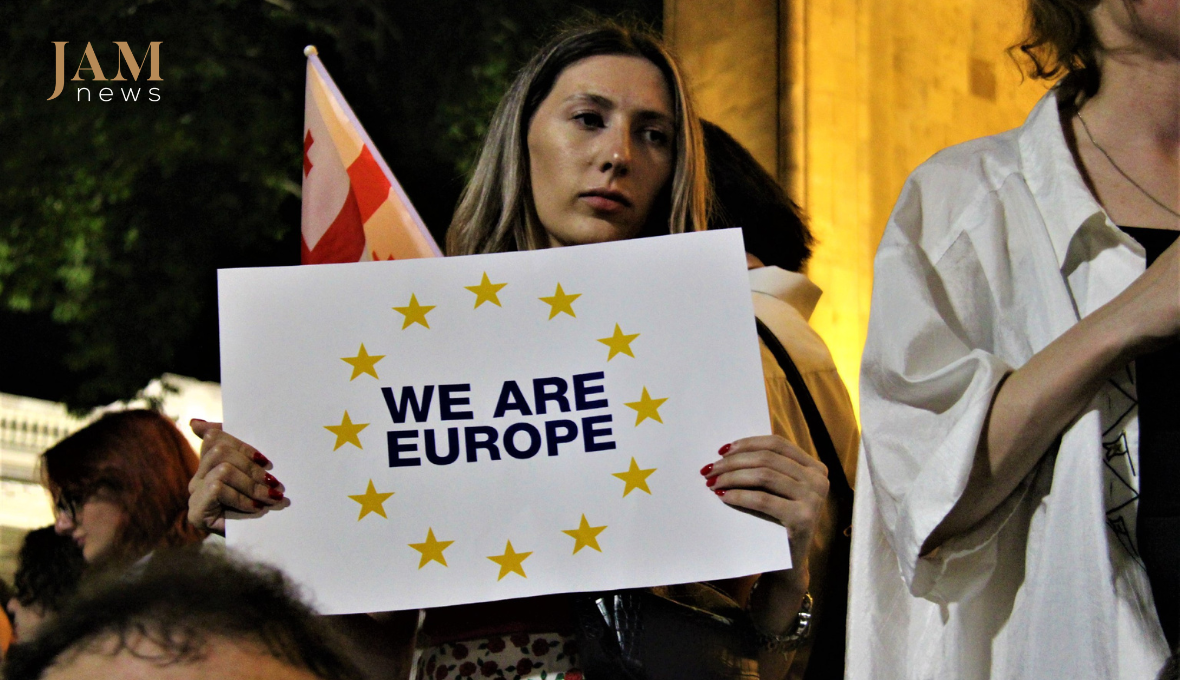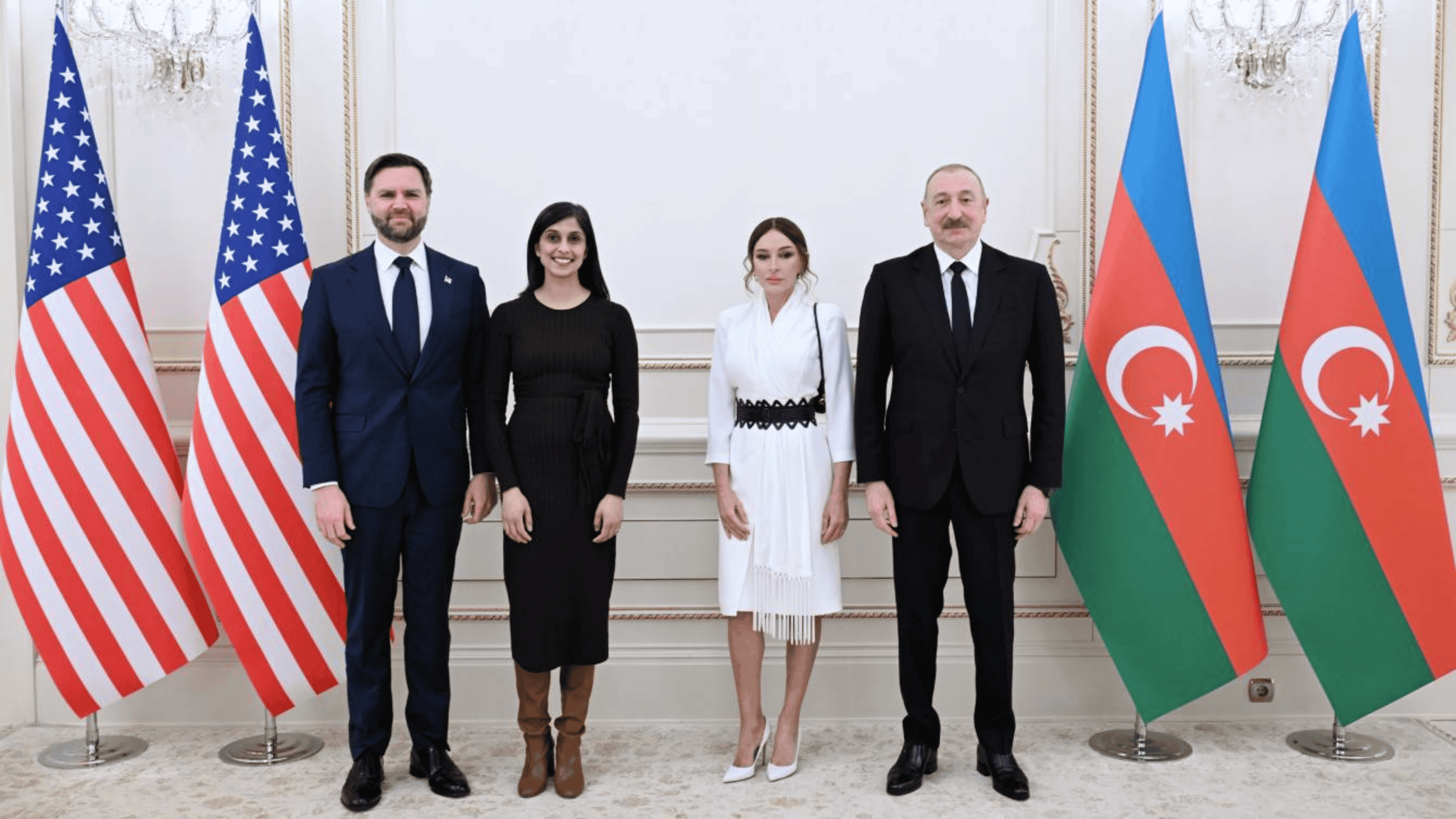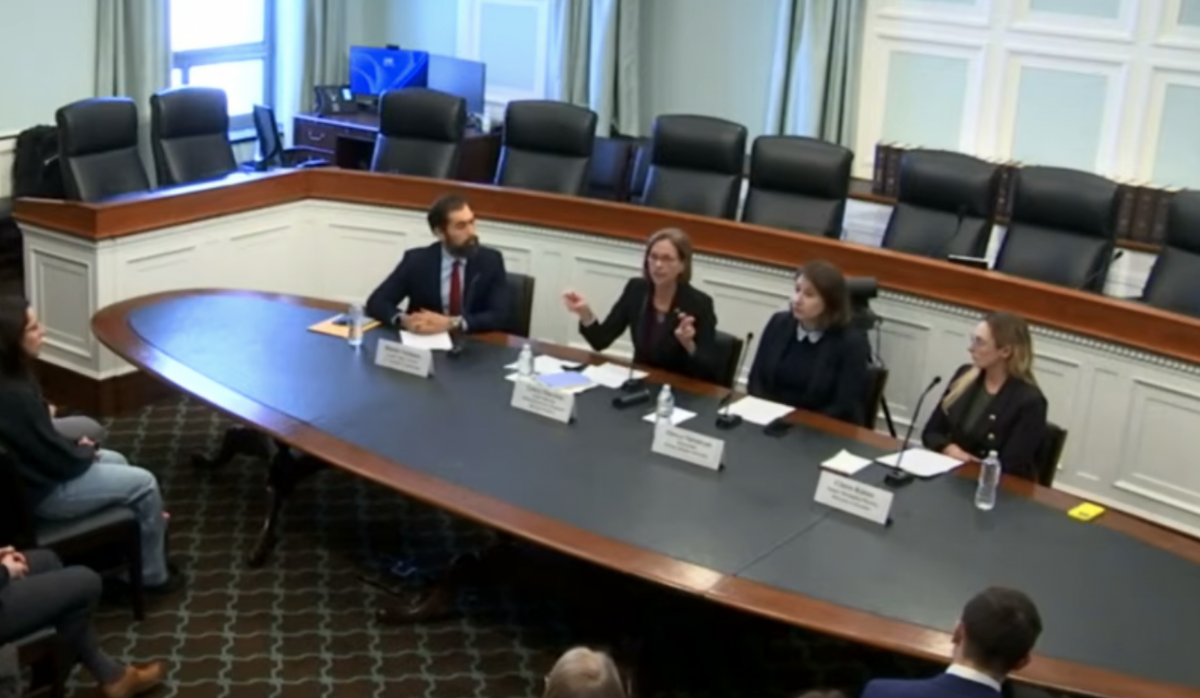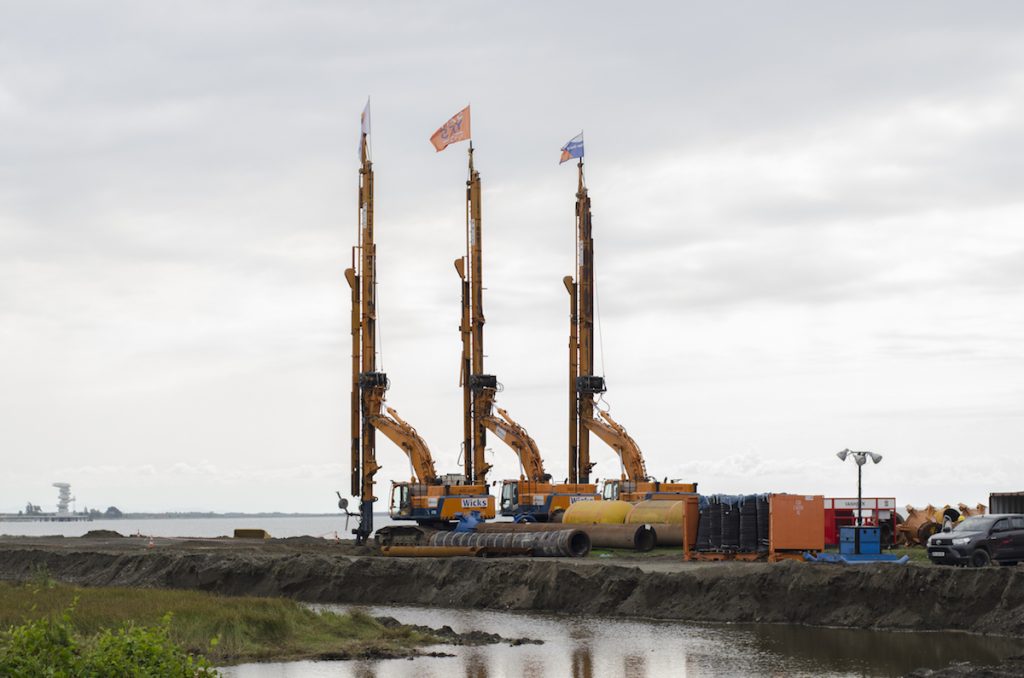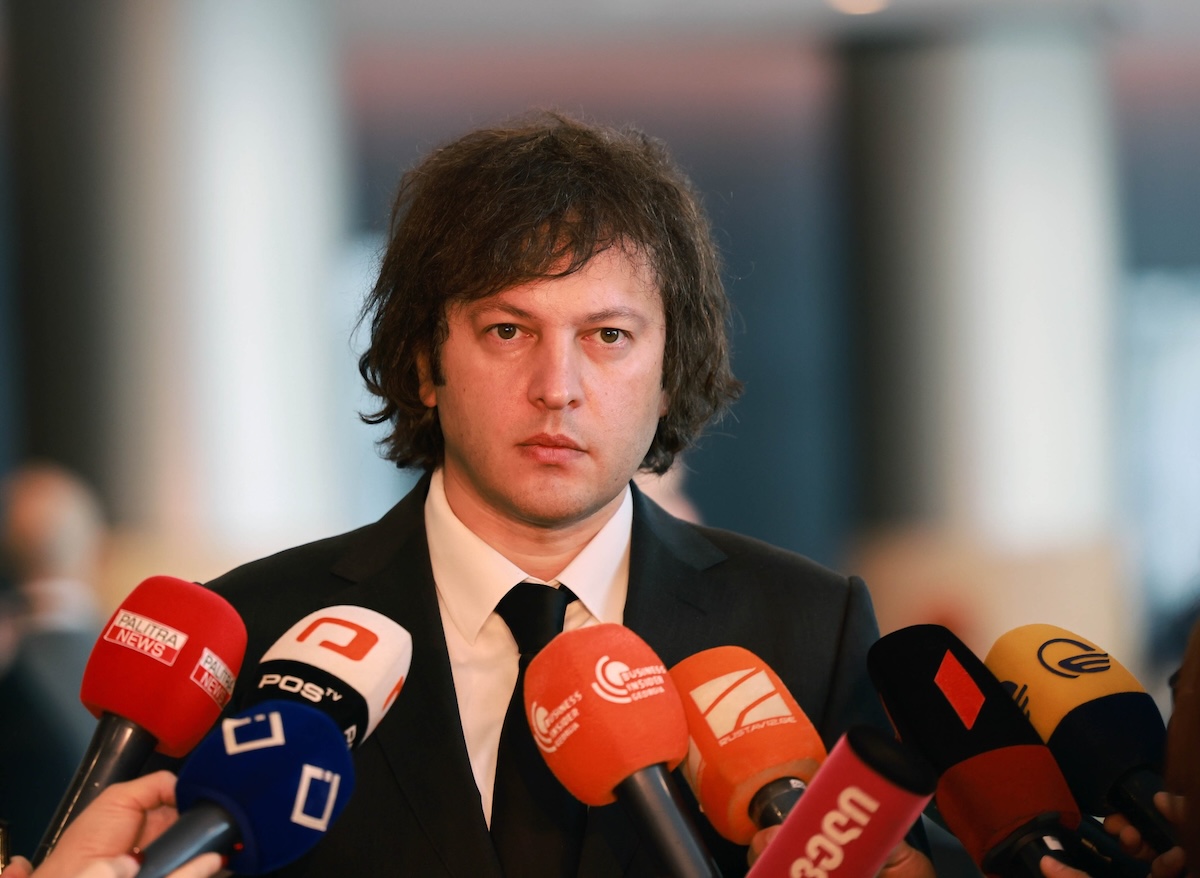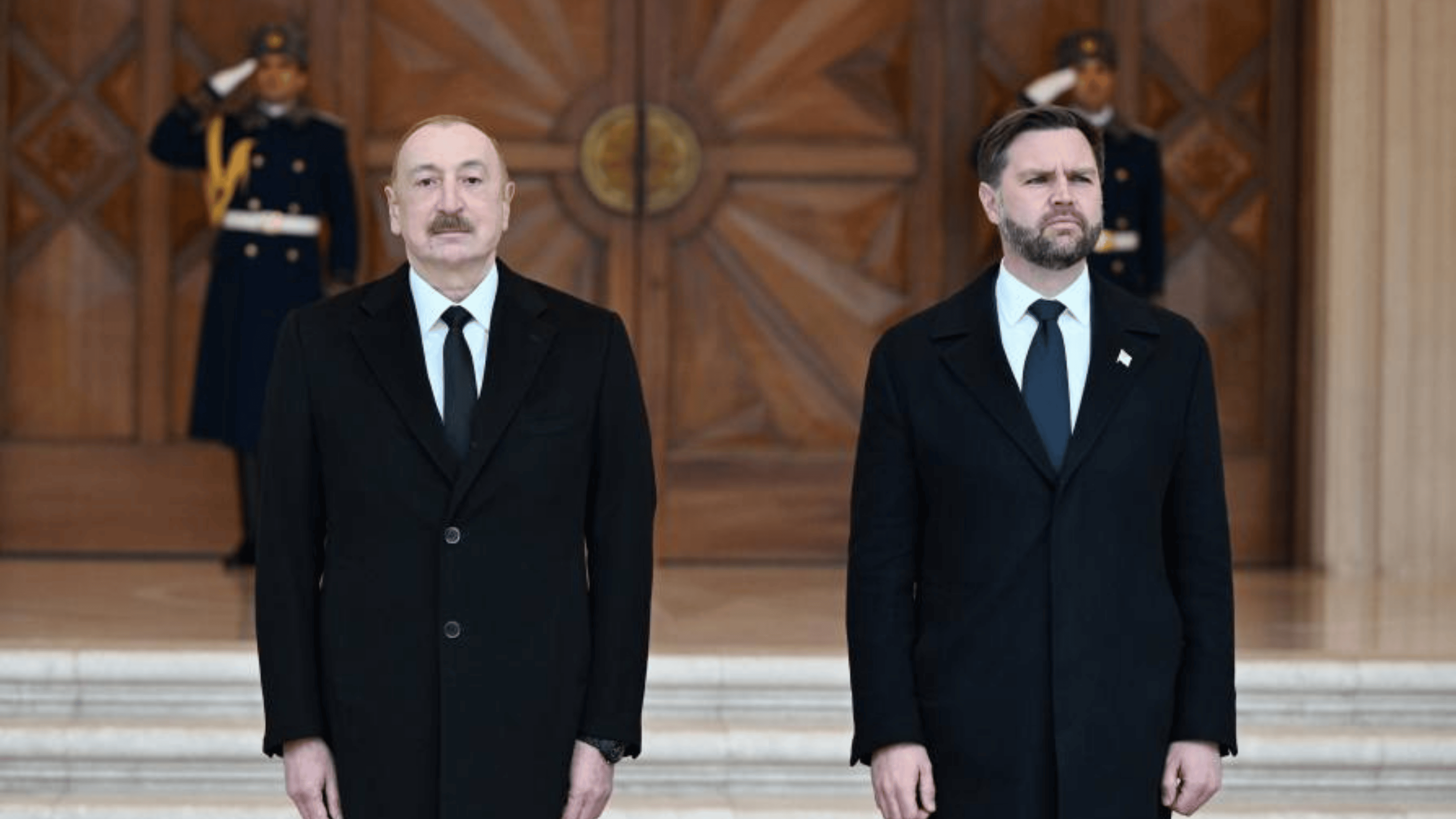What to expect from NATO summit in Madrid?
NATO Summit in Madrid
The three-day NATO summit began on June 28 in Madrid. NATO Secretary General Jens Stoltenberg has already called the Madrid summit “a decisive and turning point for the Alliance”. The summit will make important decisions in the context of Russia and Ukraine, as well as in terms of future expansion.
In particular, the main topic of discussion will be the approval of the new concept of the Alliance, as well as the strengthening of NATO’s borders in the east, near the borders of Russia, as well as reaffirming their commitment and proposing a new plan for countries aspiring to join NATO.
Georgia, along with Moldova and Bosnia and Herzegovina, is also waiting for a new cooperation package with NATO.
Georgia is among the countries participating in the summit. Prime Minister Irakli Garibashvili has already left for Madrid with a delegation.
According to the Government Chancellery, the head of the Georgian government was invited to the summit by NATO Secretary General Jens Stoltenberg. According to a press release, Garibashvili will “hold high-level bilateral meetings” during the visit.
The Georgian delegation also includes Foreign Minister Ilya Darchiashvili, Defense Minister Dzhuansher Burchuladze and head of the government apparatus Revaz Javelidze.
It is is still unknown what new opportunities and proposals Georgia will receive.
It is expected that Ukraine will be offered a “comprehensive enhanced assistance package”, which initially includes large-scale military and logistical assistance, and later the full transition of Ukrainian troops to NATO standards and equipment.
As for Georgia, as Jens Stoltenberg said at a press conference in Brussels the day before, the leaders of the NATO countries gathered in Madrid will support a new aid package for Georgia, Bosnia and Herzegovina and Moldova. However, at a press conference, Stoltenberg did not talk about the components of this assistance.
The new concept of NATO and the main threat it faces
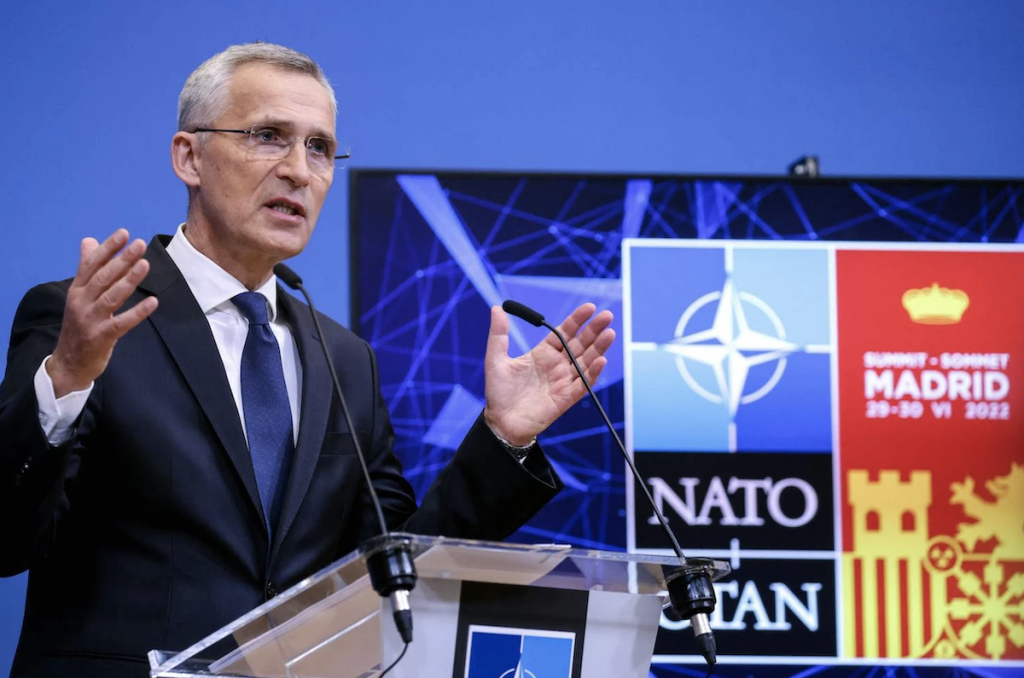
The central event of the summit will be the adoption of a strategic concept that will determine NATO’s course until 2030. In this document, the bloc is expected to name Russia “the most important and direct security threat”. Until now, Russia has been referred to as a “strategic partner of the North Atlantic Alliance” in one of the main documents of NATO.
It is also expected that Spain will decide to strengthen the eastern flank in order to contain Russia.
The day before the summit, on June 27, NATO Secretary General Jens Stoltenberg announced the alliance’s readiness to put more than 300,000 troops on high alert in connection with the growing threat that Russia poses to NATO countries.
“I am convinced that Moscow and President Putin understand the importance of our collective security guarantees and are aware of the possible consequences of an attack on a NATO member state,” Stoltenberg told reporters ahead of the summit.
“Russia has abandoned the partnership and dialogue that we have been offering for many years. Controversy was chosen instead of dialogue. We’re sorry, but we have to respond to the new reality”.
Russia has consistently opposed NATO’s eastward expansion, including joining the former Warsaw Pact, the Baltic states, and the former Soviet Union. It is trying to justify military aggression against Ukraine by the fact that this country is going to become a member of the North Atlantic Alliance.
The day before the Madrid summit, there were threats from Moscow that Ukraine’s accession to NATO could lead to a third world war if it tries to invade Crimea in the future, Dmitry Medvedev, deputy chairman of the Russian Security Council, said.
“Crimea is part of Russia for us. Any attempt to invade Crimea is a declaration of war on our country, and if this is done by a NATO member country, then this is a conflict with the entire North Atlantic Alliance – the third world war. This is a complete disaster”, Medvedev said.
Another issue of great anticipation is the possibility of Finland and Sweden joining NATO. However, it is not yet known whether there will be news in this direction. Much depends on what Turkey decides, which at this stage does not welcome the entry of Sweden and Finland into NATO. The admission of a new member to the Alliance requires the consent of all its members.










